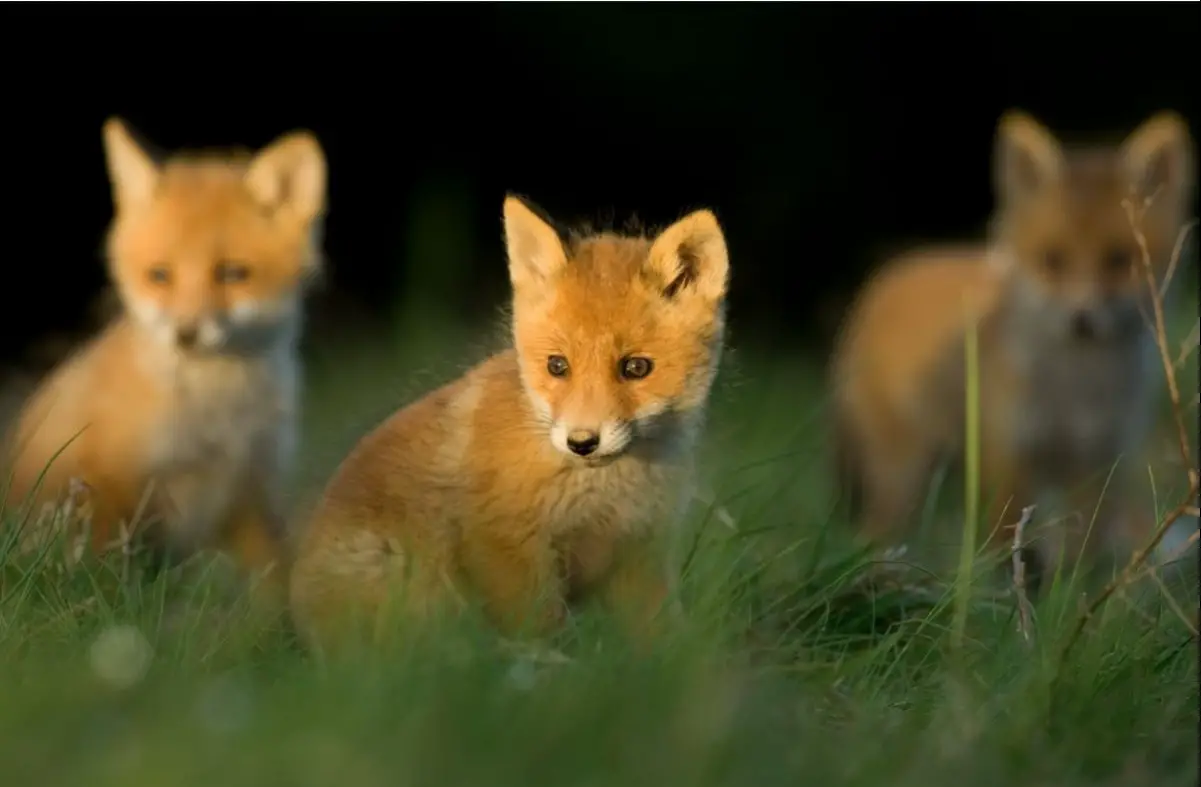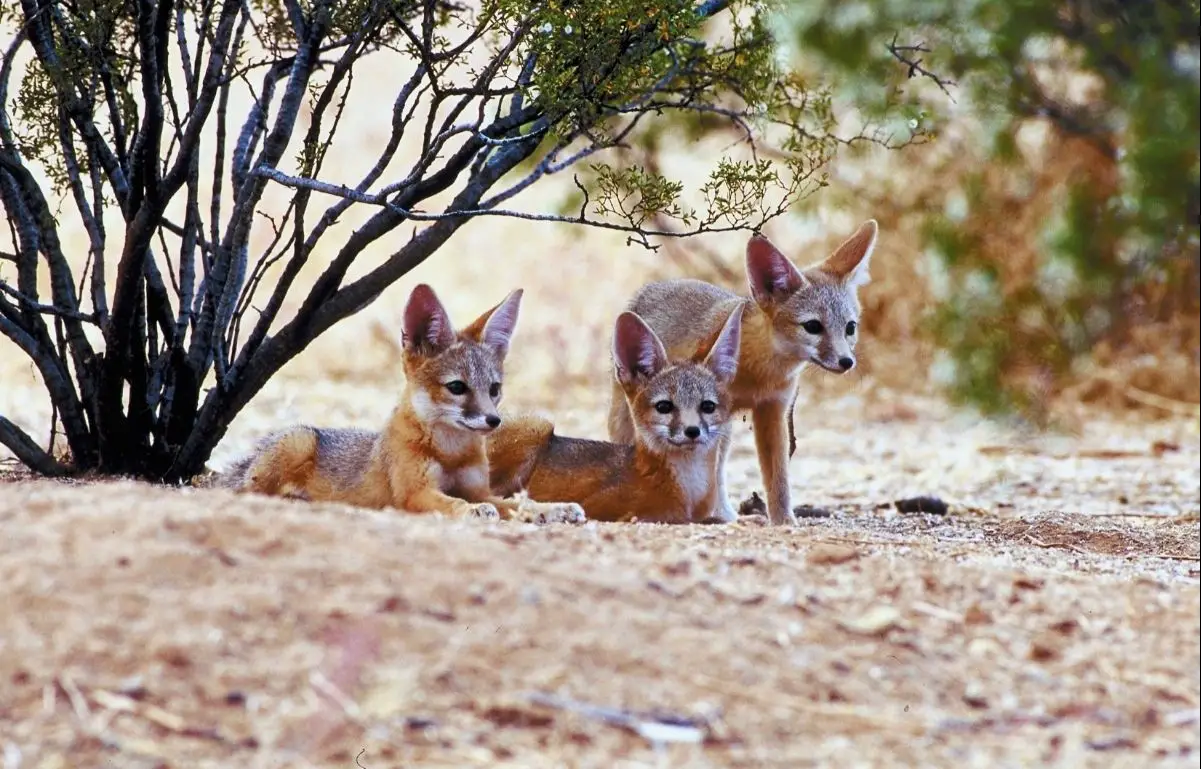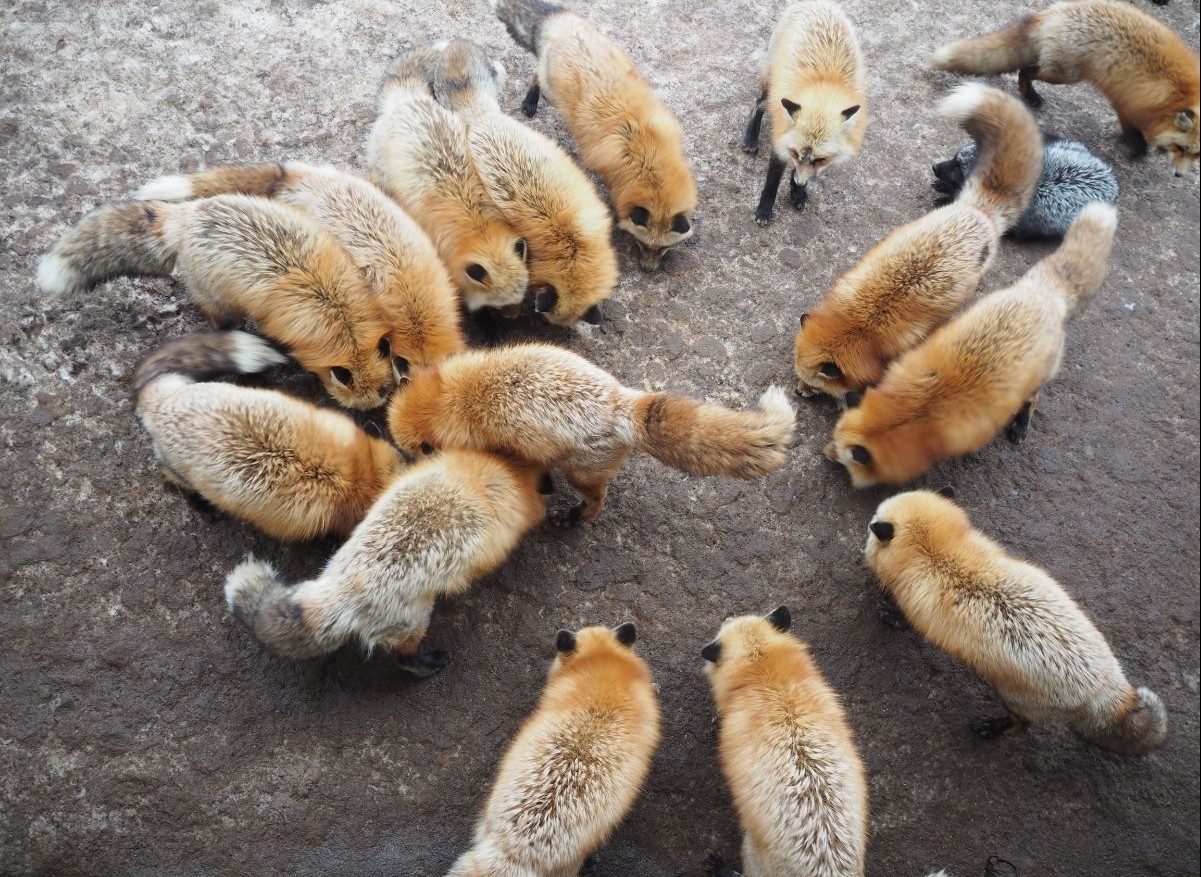Foxes are fascinating creatures, but we don’t know as much about them as we probably should! They remain a mystery to many of us. As such, you may have a few questions about them!
Today, we’re here to answer one of the most common questions about foxes. Do these creatures usually live in packs? If so, why do they live in packs? Here’s everything that you need to know.
Do Foxes Usually Live in Packs?
Foxes are part of a group of animals called canids. Other animals in this group include dogs, coyotes and wolves, which are most certainly known for being pack animals. But what about the fox?
You may be surprised to learn that actually, most foxes will try to stay away from other foxes. Some of them will stay with their own families, with parents living alongside their little ones during each spring and summer, following the winter mating season.
They’re not necessarily animals that stay in packs, but they do like to keep their families close.

Fox Families
The family of a fox begins in the winter of the previous year. This is when the foxes will mate. By the spring, a fox will have a new litter of baby foxes that they will raise then throughout the following seasons in the same year.
A fox becomes an adult by the following winter, and can now fend for itself. They will then go on to mate, starting a family of their own.
As such, this does mean that a fox is usually with its parents for the entire first year of its life. They will all live together in the same den, but this is the extent of their cooperation. By the time a fox’s first year of life is over, he is free to leave the den.
How Do They Stay Away From Each Other?
A fox family will stay together for around a year as the fox will need to get used to living, but they don’t tend to spend a lot of time together unless they are mating.
During the winter months a male will search for a new partner, but this is not the case for every species. In fact, there are many breeds of fox that will mate with one other fox for its entire life – they are monogamous, for the most part.
For the most part, a fox tends to intentionally stay away from its kind, other than partners and offspring. These creatures are incredibly territorial, so they will do things like marking their territory to keep other foxes away from their domain.
They don’t tend to fight on the off chance that they do end up meeting, but they are rather antisocial with their own kind.
On occasion, foxes can occasionally have two other foxes that are like helpers to their family. Sometimes these are the children of the parents that have decided to stay around a little longer. They will help to raise the next round of offspring and help with hunting.
Speaking of which…

Do Foxes Hunt in Packs?
The short answer to this is now. In general, a fox will try to fend for itself. It will look for its own food out in the wild. When the foxes are still young, their parents will bring them food since they are too young to forage on their own.
Eventually though, foxes will get to an age when they can fend for themselves. At this point, they will forage and hunt for food without any assistance.
This may seem quite cruel, but it’s actually important for ensuring that a fox is able to rely on itself after it leaves the care of its parents. They need to know how to look after themselves, so they are taught to forage and hunt from quite an early age.
For the most part it usually isn’t necessary for a fox to hunt with others either, since they usually eat things such as little birds and mammals and insects. Sometimes they may rummage around in your garden or in the trash. It generally isn’t hard for them to find food.
Conclusion
In summary, foxes are family animals – they spend a lot of time with other foxes that are related to them by blood during the first year of life. As they get older and learn to fend for themselves, foxes tend to spend a lot of time alone unless they are mating.

